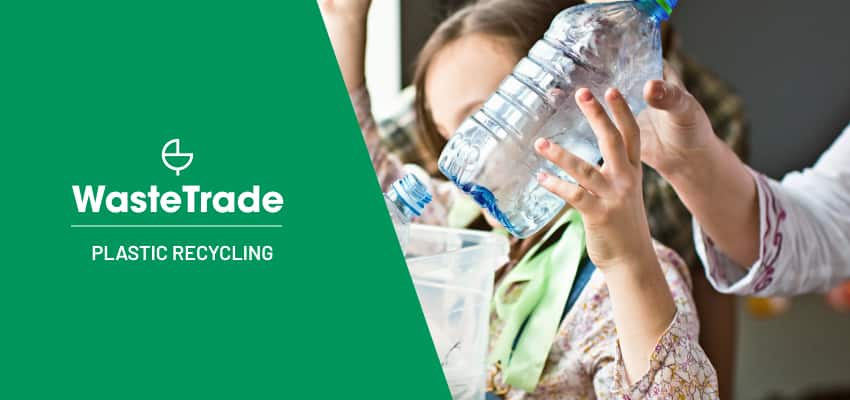Plastic Recycling

Plastic pollution is one of the biggest environmental concerns of our time. It is estimated that over 8 million tonnes of plastic waste end up in our oceans every year, causing immense harm to marine life and ecosystems. In order to tackle this crisis, one of the key solutions is plastic recycling. In this article, we will take a closer look at plastic recycling and its benefits.
What is Plastic Recycling?

Plastic recycling is the process of recovering waste plastic and transforming it into new products. This process involves collecting, sorting, cleaning and processing the plastic waste to create a raw material that can be used for manufacturing new products. The aim of plastic recycling is to reduce the amount of plastic waste that ends up in landfills and the environment, and to conserve natural resources by using recycled plastic as a substitute for virgin materials.
Benefits of Plastic Recycling

Plastic recycling offers a range of environmental, economic and social benefits. Firstly, it reduces the amount of plastic waste that ends up in landfills, which can take hundreds of years to decompose. By recycling plastic, we can extend the life of plastic products and reduce the need for new plastic production, which saves energy and resources.
Secondly, recycling plastic can also help to reduce greenhouse gas emissions. The production of new plastic products from virgin materials requires a significant amount of energy and emits large amounts of greenhouse gases. By using recycled plastic as a substitute for virgin materials, we can reduce the carbon footprint of plastic production.
Thirdly, plastic recycling also creates jobs and contributes to the economy. The recycling industry employs thousands of people and generates revenue through the sale of recycled plastic.
Challenges of Plastic Recycling
Although plastic recycling offers many benefits, there are also some challenges to overcome. One of the biggest challenges is the lack of proper infrastructure and technology for plastic recycling. Not all plastics can be recycled, and different types of plastics require different processing techniques. Therefore, it is important to have a well-established system for collecting, sorting and processing plastic waste.
Another challenge is the contamination of plastic waste. Plastic waste that is contaminated with food or other materials can be difficult to recycle and may end up in landfills or incinerators. Therefore, it is important to educate the public about the importance of proper disposal and recycling of plastic waste.
Conclusion
Plastic recycling is a crucial solution to the problem of plastic pollution. By recycling plastic, we can reduce the amount of plastic waste that ends up in landfills and the environment, conserve natural resources, reduce greenhouse gas emissions and contribute to the economy. However, in order to make plastic recycling effective, it is important to have proper infrastructure and technology in place, as well as educating the public about proper disposal and recycling practices.
